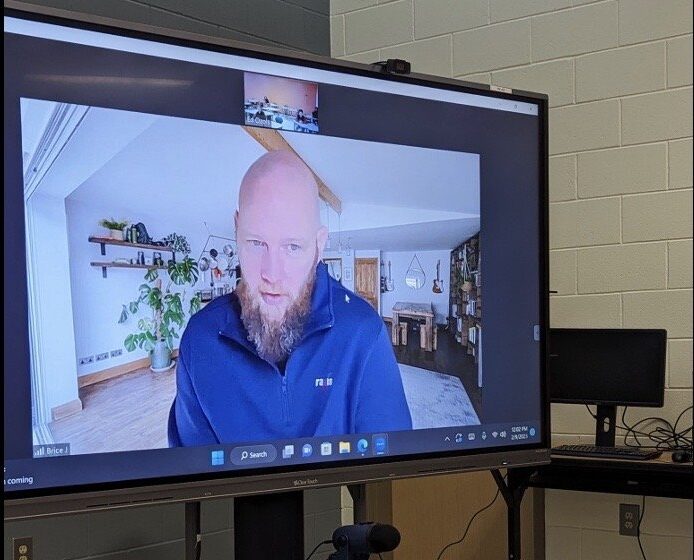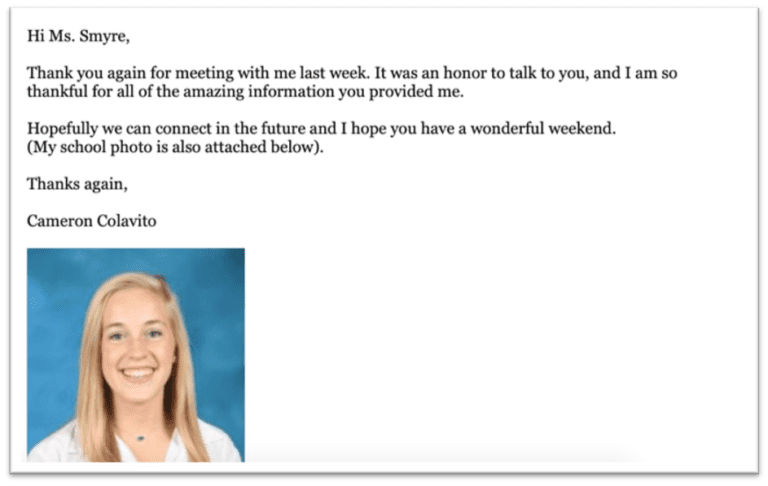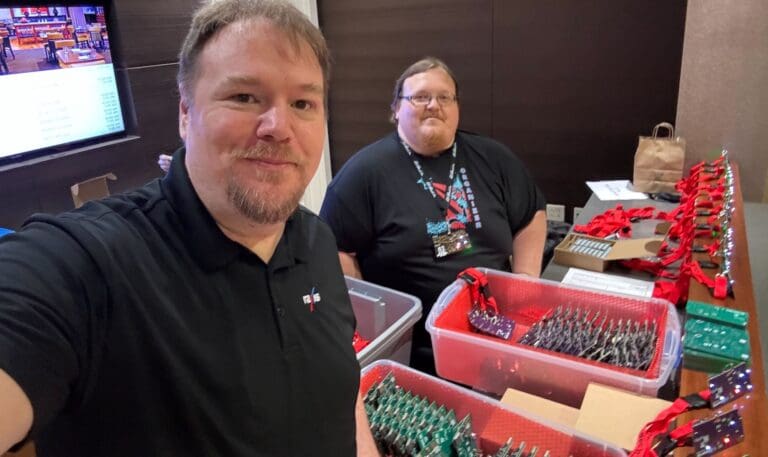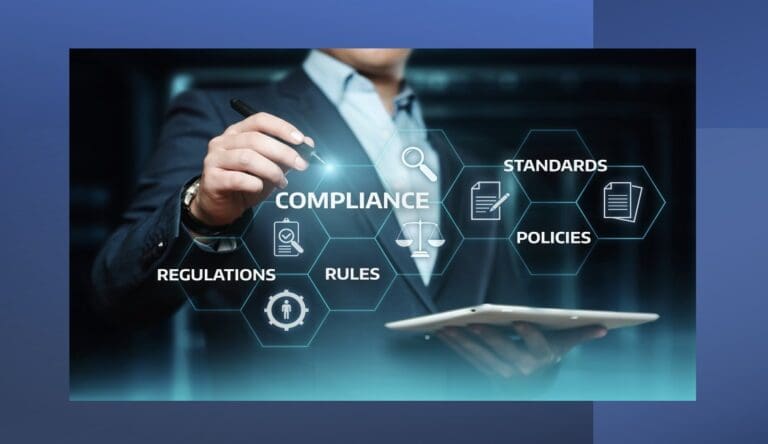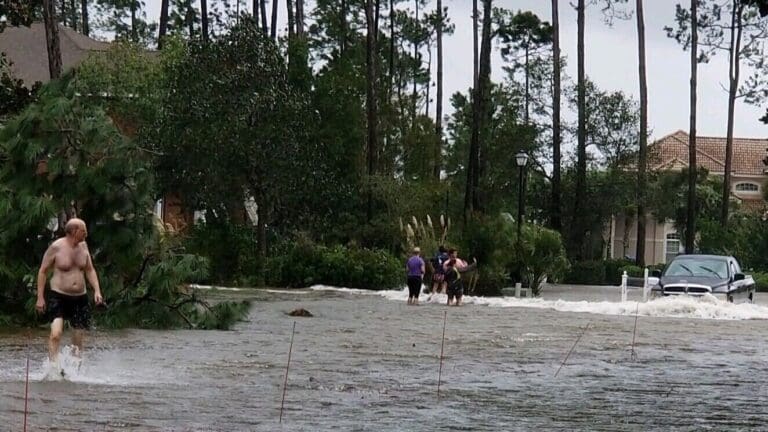When There’s More than Money on the Line
In our line of work, reading about the latest cybersecurity breach instinctively raises the questions of how many records were lost or how much money did it cost to recover. Hackers are most always after the big payoff, either directly or indirectly, so we’re conditioned to think mainly in terms of economic losses, privacy issues, or damage to a company’s reputation. However, as more and more devices are connected to the Internet, the stakes can be much higher.
Computer Weekly reported in June that cyberattacks against healthcare facilities had increased 15-fold between January and March of 2020 — coinciding with the COVID-19 outbreak. Think about that for a second. With our hospitals and medical personnel facing a global pandemic with overburdened resources, the bad guys seized the opportunity to ramp up their attacks. Not only hospitals, but the US Department of Health and Human Services (HHS) and the World Health Organization (WHO) were targets as well.
Although we at Raxis enjoy our jobs, we never forget the true nature of the people we’re trying to stop. And we always remember the hard-working people we’re trying to help.
One such person is my friend, Judy Chang, a senior nurse in a local hospital’s neonatal intensive care unit (NICU). As I thought about the potential impacts of a major health care breach, I thought it might be a good idea to introduce Judy to our friends and readers, so I set up a conversation with this front-line hero who works with some of the most vulnerable patients anywhere — the newborn babies who need intensive care in the first hours and days of their lives.
I encourage you to watch the interview and hear Judy describe her work to help these struggling infants. As you do, consider the impacts of a cyber breach that impacts her team and the sensitive equipment they rely on. As much as I enjoy my work, her story helps me remember that cybersecurity doesn’t just protect networks — it also protects innocent lives.


